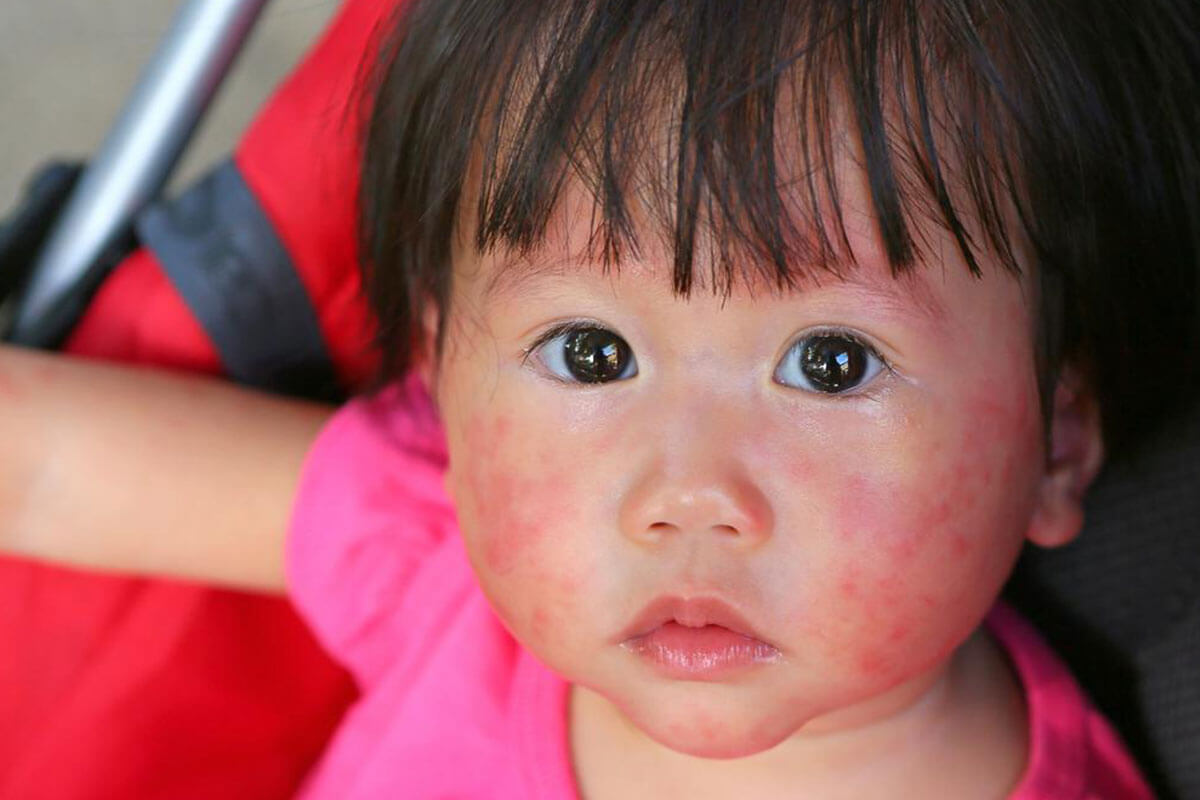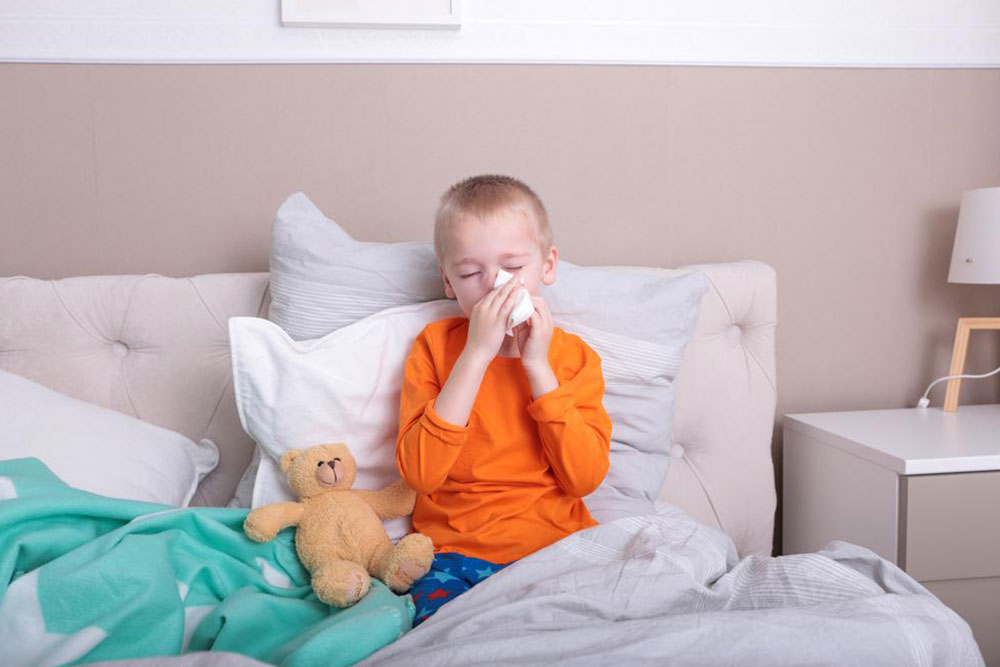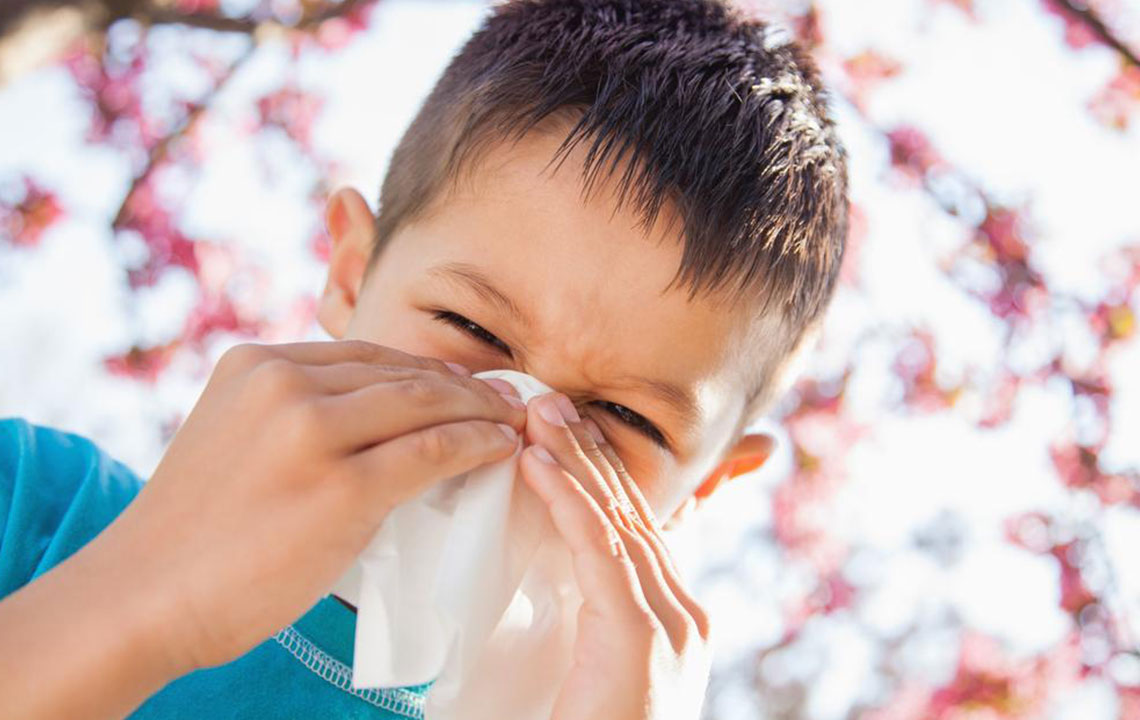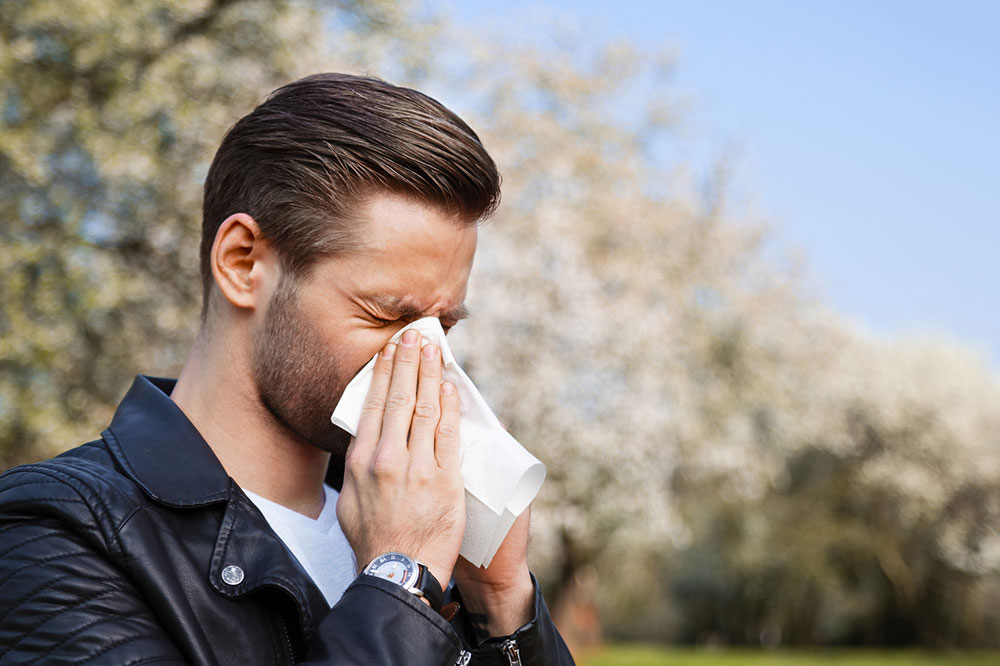Understanding Childhood Allergies and How to Manage Them
This article offers comprehensive insights into childhood allergies, including common triggers, symptoms, and management strategies. It emphasizes the importance of early diagnosis, appropriate medication, and communication with schools to ensure children’s safety and healthy development. Parents are encouraged to monitor environmental and dietary factors, recognize symptoms early, and seek professional medical advice for effective allergy management in children.
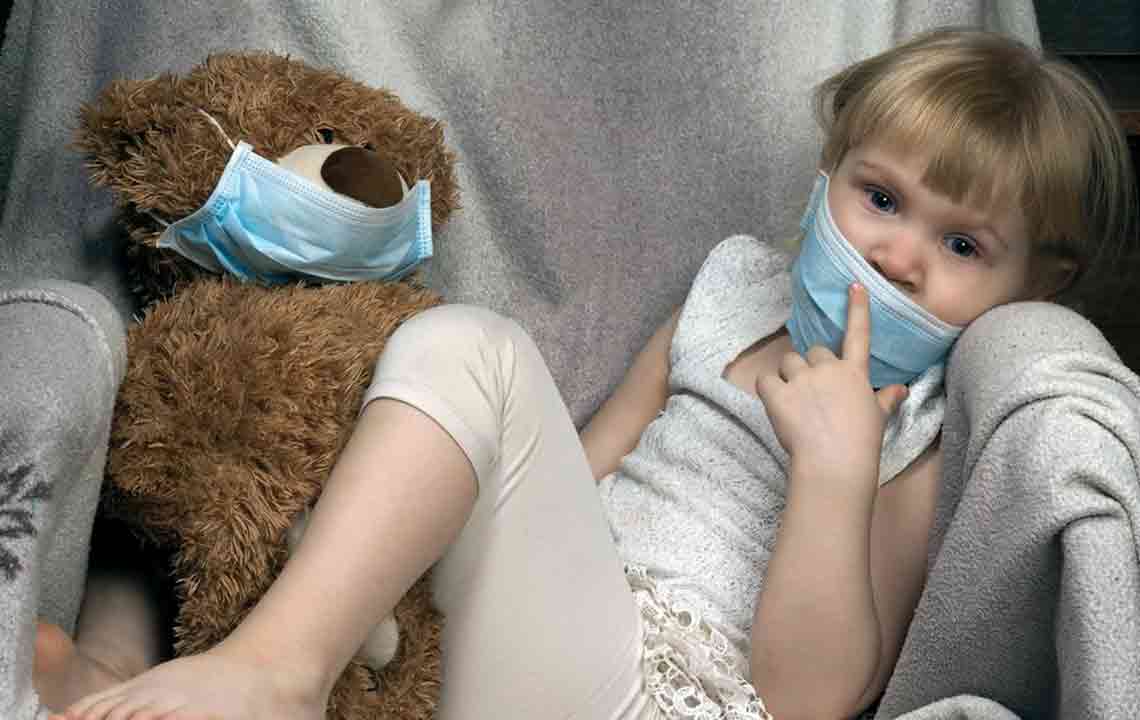
Understanding Childhood Allergies and How to Manage Them
Identifying whether your child’s symptoms are due to allergies or common colds can be challenging. As parents, we often become overly cautious about their health. Children cannot always communicate their discomfort, making vigilance essential.
Whether dealing with allergies or illnesses, recognizing key signs helps in timely treatment. Knowing which medications are safe for children is equally important to ensure effective relief.
Common Allergy Triggers in Children
Children’s developing immune systems make them more susceptible to allergies and infections. Parenting involves monitoring their environment and diet carefully. A family history of allergies can increase your child's risk.
Various factors can provoke allergic reactions. Some are environmental and manageable, while others are genetic. Notable triggers include:
Environmental Factors: insect bites, pollen from plants and trees.
Home-related Elements: pet fur, dust mites.
Other Causes: cigarette smoke, exhaust fumes, perfumes, deodorants.
Food Allergens: wheat, peanuts, dairy products.
If you suspect allergies, common issues to watch for include:
Hay Fever (Allergic Rhinitis): Causes sneezing, itchy nose, red eyes, nasal blockage, watery and itchy eyes. Despite its name, it doesn’t cause fever. Several medications are available for children.
Nasal Congestion: A blocked nose can lead to breathing problems and impact sleep. Early treatment is important to prevent facial development issues.
Ear Infections: Allergies may cause fluid buildup, leading to ear pain or hearing loss, affecting speech development if untreated.
Food Allergies: Rashes, digestive issues, and potential reactions can be caused by foods like milk, wheat, fish, or nuts. Testing helps identify and eliminate problematic foods from their diet.
Most children outgrow allergies to milk, eggs, soy, and wheat over time. However, allergies to peanuts and similar foods may persist. Consulting a doctor for allergy medications, such as antihistamines like Cetirizine, Benadryl, or Allerga, can help manage reactions. Singulair is also prescribed for asthma prevention and allergy relief.
Genetics play a significant role; if family members have allergies, your child’s risk increases. Early testing and diagnosis can prevent complications like asthma and support healthy development.
Notifying your child's school about allergies is crucial. Schools are equipped to handle allergy management, especially for food allergies, ensuring your child’s safety during school hours and meals.

